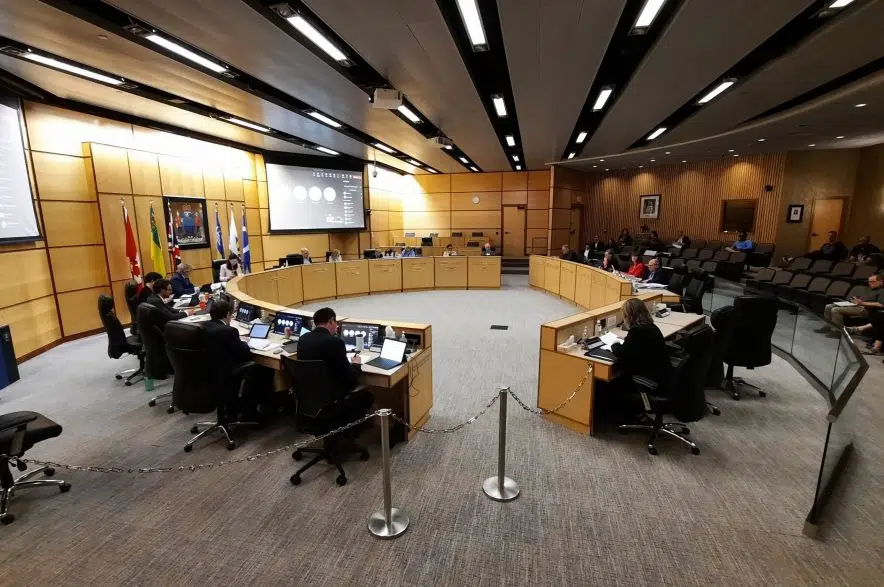Regina Exhibition Association Limited is another step closer to getting $3.4 million to help keep it afloat for this year.
REAL wants to access that money in a line of credit that it already has, but needs permission from council to get its hands on the money.
On Wednesday, council voted 9-2 for city administration to work with REAL and its banks to restructure its debt. Once that is done, the final plan will come back to council for another final OK before REAL can access the money.
While only two councillors voted against the plan, not all those who voted yes were happy about the situation. Coun. Lori Bresciani made the point again in her questions and comments that she thinks REAL needs to take a hard look at its sustainability.
“I was elected in 2016, and we’re still talking about the same problems that we had in 2016,” said Bresciani.
As part of the approval on Wednesday, council directed city administration to go back with REAL to develop a long-term sustainability plan for the group’s operations.
Bresciani said she hopes that won’t just be a report with a few recommendations and will really examine things.
“If business has to be done differently, leases (and) maybe fees have to go up. Maybe (at) Mosaic Stadium, maybe the food and beverage has to be contracted out. These are things that have to be looked at because right now it’s not sustainable,” said Bresciani.
Tim Reid, the president and CEO of REAL, welcomes the long-term sustainability report. He said that’s something he has been talking about since he arrived in the position.
Some councillors expressed frustration in the meeting and Reid said he shares that frustration.
“The last person in the world that wants to come back and go, ‘Hey, we lost money’ is me. I was super-proud in 2019 and 2020 when we were cutting our grant funding in half,” said Reid.
He explained that REAL’s goal was to be at zero, and before COVID there was a great trajectory, but the pandemic “beat that up.”
As a result, Reid said REAL will likely have to refocus on its core business and some of the extras it has taken on in recent years might have to be put aside.
“We might depend on others to take a leadership role on (The Frost Festival) and we’ll take a supporting role. We may not take on the next phase of the arena planning committee. We’ve done our work and we may leave that with city council,” explained Reid.
Fence heights
City council also approved some changes to the requirements around fence heights at Wednesday’s meeting.
Council increased the maximum heights for a backyard fence to seven feet from six feet, and to eight feet from six feet for a rear or side yard that backs onto an arterial or expressway street.
Front yard fence heights will stay at a maximum of four feet.
According to the report on it, the change will help meet preferences for higher fences, reduce the need for enforcement and the expensive appeals process, as well as reduce the need for screening of yards where the current fences aren’t high enough.
The changes will also move fence height regulations away from the Community Standards Bylaw and into the Zoning Bylaw, which would allow some variance of standards through the appeals board.











